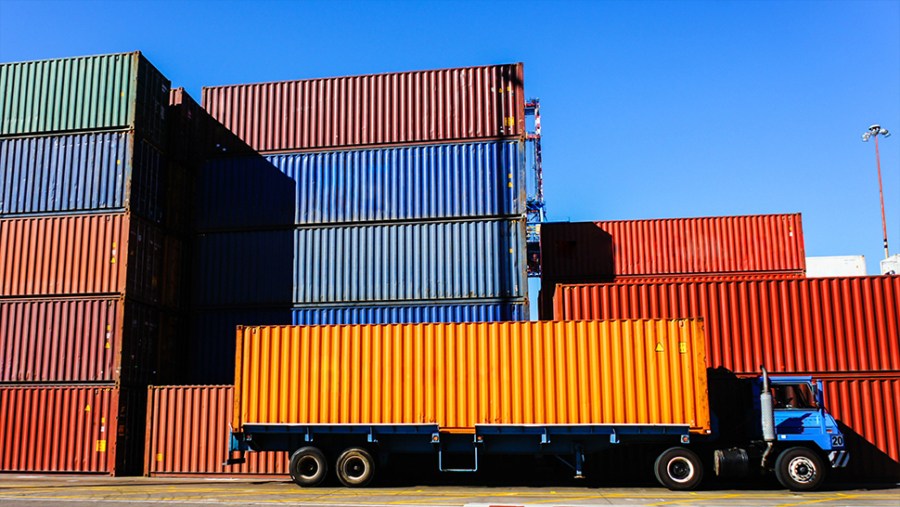

What the Brexit deal means for British business
The UK and the EU agreed a much-anticipated trade deal, the Trade and Cooperation Agreement (TCA), which took effect from 23.00 GMT on 31 December 2020. It provides clarity for British businesses which had been forced to speculate on how their EU operations would proceed in 2021. What impact will the TCA have on UK businesses trading with the EU?
If goods satisfy relevant origin rules, bilateral trade between the UK and the EU will be duty and quota free. Inevitably there will be increased formalities, some of which will benefit from transitional periods.
Compliance with product regulations, including packaging and labelling, will bring additional burdens, but self-declaration of conformity will be possible for low-risk products.
Tariffs
There will be no tariffs or quotas on goods originating in the UK or the EU, provided they comply with the rules of origin. However, new declarations and formalities will increase costs and time.
Tariffs may be introduced if the TCA is breached or to address trade defence measures under World Trade Organisation (WTO) rules.
Rules of origin
In order to qualify for preferential tariffs, the TCA rules of origin must be met. If these are not satisfied, WTO rules apply.
A product “originates” from a country if it is:
- “wholly obtained” in that country
- produced in that country exclusively from originating materials
- any non-originating materials satisfy certain rules set out in the TCA’s annexes.
There are detailed product-specific rules of origin and “origin quotas” under which specific quantities of goods may be imported using more liberal rules of origin. These may also require that specific processes or maximum thresholds apply to non-originating materials or that certain products fall under different tariffs.
EU materials used in UK products and vice versa count as “originating” materials. However, materials originating in third countries used in UK or EU manufactured goods will not count, and tariffs will apply to those goods.
A claim for preferential tariffs must be made with an import declaration, based on either a statement of origin or the importer’s knowledge. A statement of origin confirms that a product satisfies the rules of origin and is eligible for preferential tariffs. This can be completed by the exporter or a third party and must be kept for up to four years.
Customs and VAT
There will be no export duties or taxes and any internal tax or charge (e.g. VAT) must not be higher than those applicable to domestic products. Imports to the UK will be subject to VAT. Deferment or zero-rating may be possible, depending on individual member state regimes.
All EU customs controls will apply to UK exports. Security and safety declarations, import and export declarations, EORI numbers, commodity codes and customs valuations are required.
Data must be provided in advance to avoid congestion at ports. Additional fees may be incurred in respect of customs formalities such as fees for inspections, export reports or the destruction of goods.
Product Standards
As the UK is no longer part of the EU Single Market, goods exported to the EU must satisfy the applicable EU regulatory requirements.
The TCA provisions aim to reduce disparity between UK and EU standards and largely reflect the WTO rules. Specialised committees can discuss the interpretation or application of these provisions. There are also review mechanisms, including impact assessments for major regulatory requirements.
The TCA permits self-declaration of conformity for low-risk products. In most cases, UK labelling will be acceptable in the EU. Regulatory compliance should be easier for the pharmaceutical, automotive, agri-food, chemicals and aviation sectors.
Although mutual recognition of certification applies to a few specified sectors, UK-accredited certifications are not satisfactory for most imports to the EU. Exporters will need to arrange for certification by an EU body. The CE mark is valid until 2022 and a new UK Conformity Assessed mark has been introduced.
Either party may inspect goods to check compliance with their respective requirements. Border checks are expected to be more prevalent for agri-food than for manufactured consumer goods. Inspections may still be carried out even where product standards are aligned.
Import/export licences
Either party may impose licence requirements based on transparent, fair and non-discriminatory procedures. The EU and UK already have a general licence system which reduces the administrative burden of obtaining a licence for each export.
Key considerations
- Complete the practical requirements such as obtaining an EORI number and registering for VAT.
- Consider whether your goods satisfy the rules of origin and whether you can claim the preferential tariffs.
- Calculate how additional declarations will impact costs and timescales for supply chains.
- Assess whether your goods are low-risk and can benefit from self-declarations of conformity or whether EU certification will be necessary.










